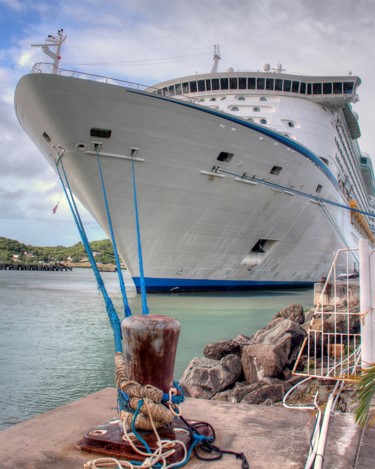The Maritime Law in the United Arab Emirates governs the ownership and use of vessels as well as all and any activities that concern the shipping practice. Import and export activities are important for the Emirates and the geographical location favors maritime transport.
The UAE has more than 20 sea ports with access to the Gulf of Oman and the Persian Gulf. The largest natural harbor is in Dubai. As a business owner involved in maritime transport in Dubai or the rest of the UAE, you will have to observe the legal requirements for this type of activity. Our Dubai lawyers can give you information about compliance with the Maritime Law.
Regulations concerning vessels in Dubai
The UAE Maritime Code governs all maritime and shipping practices within the Emirates. The law consists of several sections that cover a wide range of issues, form the requirements for registration to marine insurance. The most important sections are as follows:
– registration of the vessel and necessary documents;
– vessel ownership;
– mortgage and arrest of vessels;
– the master of the vessel and crew members;
– carriage of goods and people;
– vessels towage and pilotage;
– collisions involving vessels;
– salvage involving vessels;
– marine insurance.
The law applies to all of the seven Emirates. The Maritime Code also has several supporting laws, like Ministerial Decrees or local regulations. Our law firm in Dubai can give you more details about each issue covered by the maritime laws of the UAE.
Vessel ownership by foreign investors in Dubai
Foreign business owners in Dubai need to observe the regulations for vessel ownership in the UAE. Ships, boats or other vessels cannot be registered in the UAE unless they are 100% owned by a national or a UAE company or at least 51% owned by UAE nationals. Foreign individuals who own vessels cannot register them in the United Arab Emirates.
For more information about maritime shipping and trading in the UAE, you can contact our law firm in Dubai.

